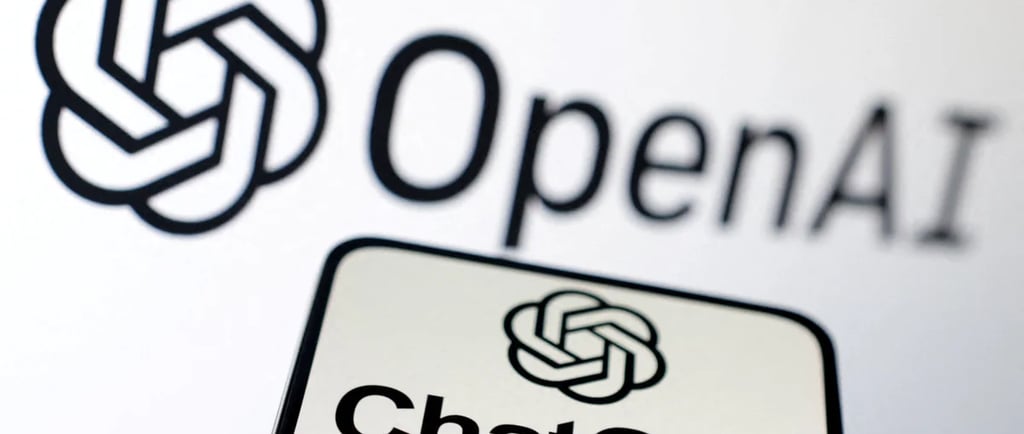How to Use ChatGPT’s New App Integrations: Spotify, Figma, Canva
ChatGPT is evolving into an intelligent hub—create, listen, travel, or design without ever leaving the chat.
AI, DATA & EMERGINGCULTURE


OpenAI has taken a significant step forward in the evolution of its conversational assistant by rolling out in-app integrations directly within ChatGPT. Users can now interact with popular services such as Spotify, Figma, Canva, Expedia, and Booking.com without ever leaving the chatbot’s interface. Launched in October 2025, this update marks a turning point toward a smoother, centralized, and more functional experience—primarily available to ChatGPT Plus subscribers.
One of the key strengths of this new feature lies in its simplicity. After linking their account to any compatible app through ChatGPT’s security settings, users can issue natural-language requests. For instance, asking ChatGPT to “create a promotional poster for an event” automatically triggers an action in Canva, while a query like “find me a chill playlist for working” is handled through Spotify. These interactions go beyond basic tasks—they adapt to context and personal preferences, thanks to secure access to users’ third-party account data.
For design professionals, Figma stands out as a particularly powerful integration. It now becomes possible to generate mockups, edit interface elements, or even document a project directly from ChatGPT. Similarly, travelers can plan entire trips by asking the chatbot to compare hotels on Booking.com or book flights via Expedia—all through a few lines of conversation.
These capabilities do more than automate routine actions; they redefine how users engage with their everyday digital tools. By consolidating diverse services into a single conversational interface, OpenAI aims to transform ChatGPT into a true personal command center—capable of understanding, anticipating, and executing complex tasks in real time.
However, this advancement also raises legitimate questions about privacy and permission management. Each integration requires explicit user authentication, and individuals retain full control over the permissions they grant. OpenAI emphasizes a responsible approach, initially limiting partnerships to trusted platforms and subjecting every integration to rigorous security audits.
As artificial intelligence becomes increasingly embedded in daily digital life, these integrations position ChatGPT not just as a conversational assistant, but as a dynamic orchestrator of personal ecosystems. With upcoming partnerships—such as Uber and Peloton—on the horizon, the potential for intelligent automation continues to expand.
Sources:


